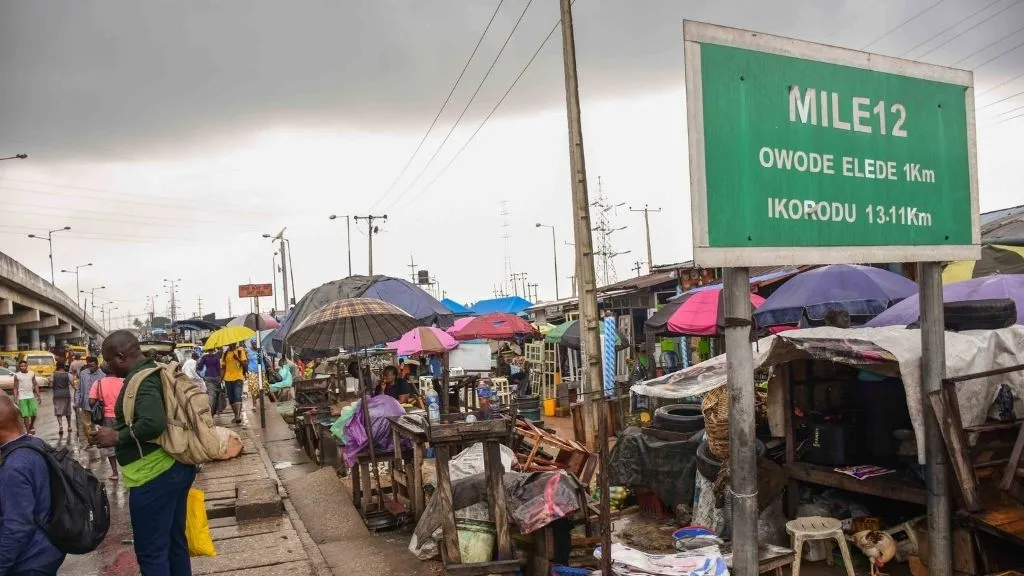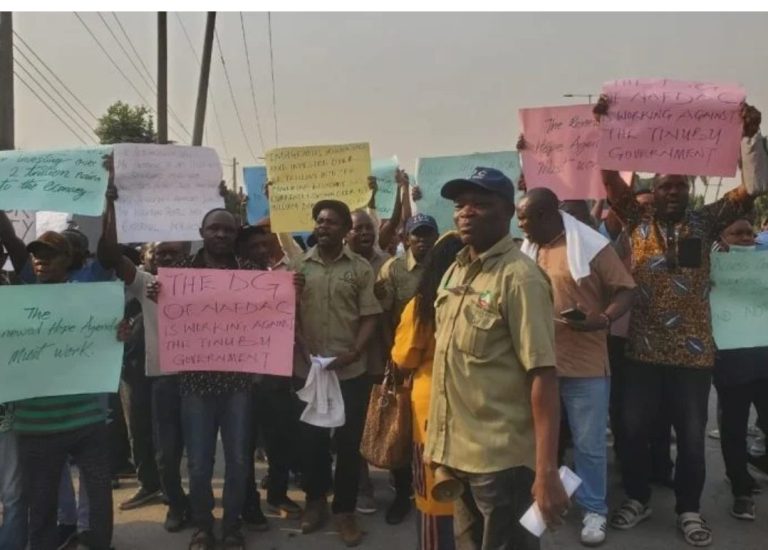
Nigeria’s business environment showed moderate improvement in August 2025, driven by sector-specific gains, even as deep-rooted structural issues continue to weigh on overall economic performance.
This insight comes from the latest Business Confidence Monitor (BCM) released by the Nigerian Economic Summit Group (NESG) in partnership with Stanbic IBTC Bank. Titled “Mixed Signals: Strong Sectoral Growth Versus Structural Hurdles,” the report reveals that the Current Business Performance Index climbed to 107.3 points, a 1.9-point increase from July’s level.
Strong Sectoral Performance But Uneven Gains
According to the report, improved business performance in technology, finance, manufacturing, energy, and logistics helped lift confidence levels. These gains were supported by targeted investments and ongoing economic reforms.
However, the report also points out that underlying structural issues such as high operating costs and infrastructure deficits continue to limit profitability and overall productivity.
Trade, Manufacturing, and Services Lead August Recovery
A closer look at sectoral performance shows broad-based improvement across key industries, with trade recording the strongest rebound in August after a dip in July.
- Manufacturing: 106.2
- Non-manufacturing: 116.2
- Trade: 114.1
- Services: 103.7
These sectors all posted stronger performance compared to the previous month.
In contrast, the agriculture sector slipped into contraction, posting 95.6 index points due to poor performance in crop production and forestry.
Climate, Insecurity, and Costs Undermine Agriculture
The decline in agriculture was attributed to several compounding factors:
- Delayed rainfall and shorter wet seasons disrupted planting schedules.
- Rising insecurity affected farm operations.
- High costs of key inputs like fertilisers and poultry feed pushed up production expenses.
While livestock, fishing, and agro-allied sub-sectors showed slight recovery from July, they were not enough to offset the sector’s overall downturn.
Business Costs, Credit Access Still a Major Drag
The BCM report highlights that several sub-indices covering investment, exports, credit access, and input prices,declined in August. Businesses also faced rising costs, reversing the marginal relief seen in July.
The major constraints identified include:
- Limited access to finance
- Unclear or inconsistent economic policies
- Poor electricity supply
- High rental and lease costs
- Continued security threats in key economic zones
For agriculture, the situation is particularly dire. Many agribusinesses face eroding profit margins, rising input costs, and unstable prices. This has made it difficult for operators to reinvest or expand, with some even closing entirely.
Call for Policy Intervention
With business conditions remaining fragile, the report calls for urgent policy measures to stabilise the economy. These include:
- Improving infrastructure
- Enhancing security
- Clarifying economic policies
- Easing access to finance
Such actions, the report argues, are essential for strengthening resilience across sectors and supporting Nigeria’s broader economic recovery.


